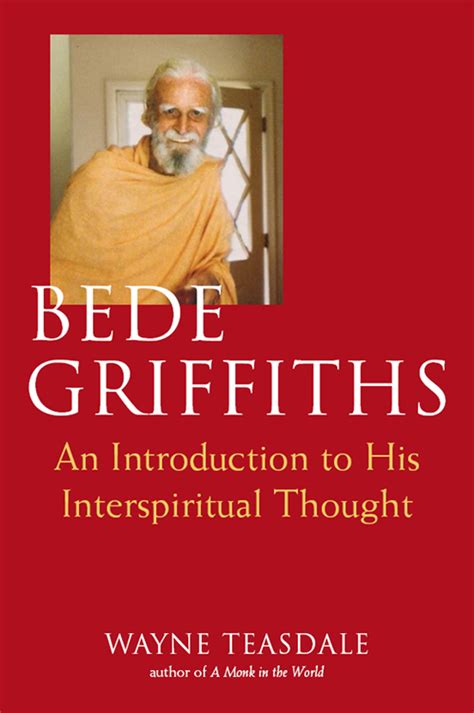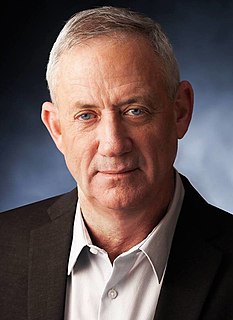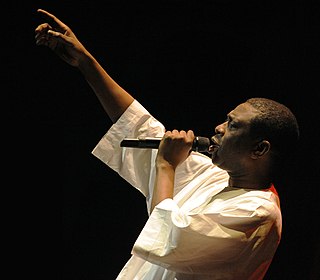A Quote by Tariq Ramadan
Cultures, along with the religions that shape and nurture them, are value systems, sets of traditions and habits clustered around one or several languages, producing meaning: for the self, for the here and now, for the community, for life.
Related Quotes
Human cultures are all experiments in trying to find a form that will fit the matter of our immediacy; but it is absolutely not the case that all such experiments are of equal merit or value. Some cultures - and modernity is patently one - have managed to transmute consciousness into the "disease" that Nietzsche called it, the self-affliction of a self-centeredness that has purged itself of all vestiges of wisdom and value.
Over time, years of meditation gave me glimpses of the interconnectedness and interdependence of all life. I experienced that on one level we are alone, separate, apart from everyone and everything; on another level, we are the Self in different disguises, different names and forms, a part of everyone and everything. This experience of interconnectedness is part of spiritual traditions and the perennial wisdom in virtually all religions and cultures.
We find ourselves ethically destitute just when, for the first time, we are faced with ultimacy, the irreversible closing down of the earth's functioning in its major life systems. Our ethical traditions know how to deal with suicide, homicide and even genocide, but these traditions collapse entirely when confronted with biocide, the killing of the life systems of the earth, and geocide, the devastation of the earth itself.
All the classical meditation traditions, in one way or another, stress nonattachment to the self as a goal of practice. Oddly, this dimension is largely ignored in scientific research, which tends to focus on health and other such benefits. I suppose the difference has to do with the contrast in views of the self from the spiritual and scientific perspectives. Scientists value the self; spiritual traditions have another perspective.
While science has nothing of value to say on the great and aching questions of life, death, love, and meaning, what the religious traditions of mankind have said forms a coherent body of thought... There is recompense for suffering. A principle beyond selfishness is at work in the cosmos. All will be well. I do not know whether any of this is true. I am certain that the scientific community does not know that it is false.
Community cannot take root in a divided life. Long before community assumes external shape and form, it must be present as seed in the undivided self: only as we are in communion with ourselves can we find community with others. Community is an outward and visible sign of an inward and invisible grace, the flowing of personal identity and integrity into the world of relationships.






































